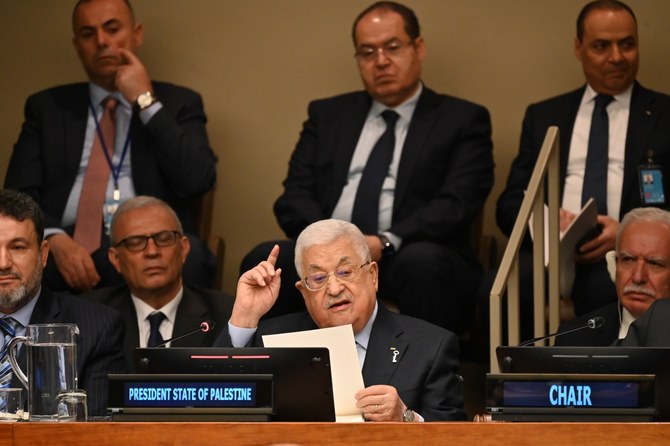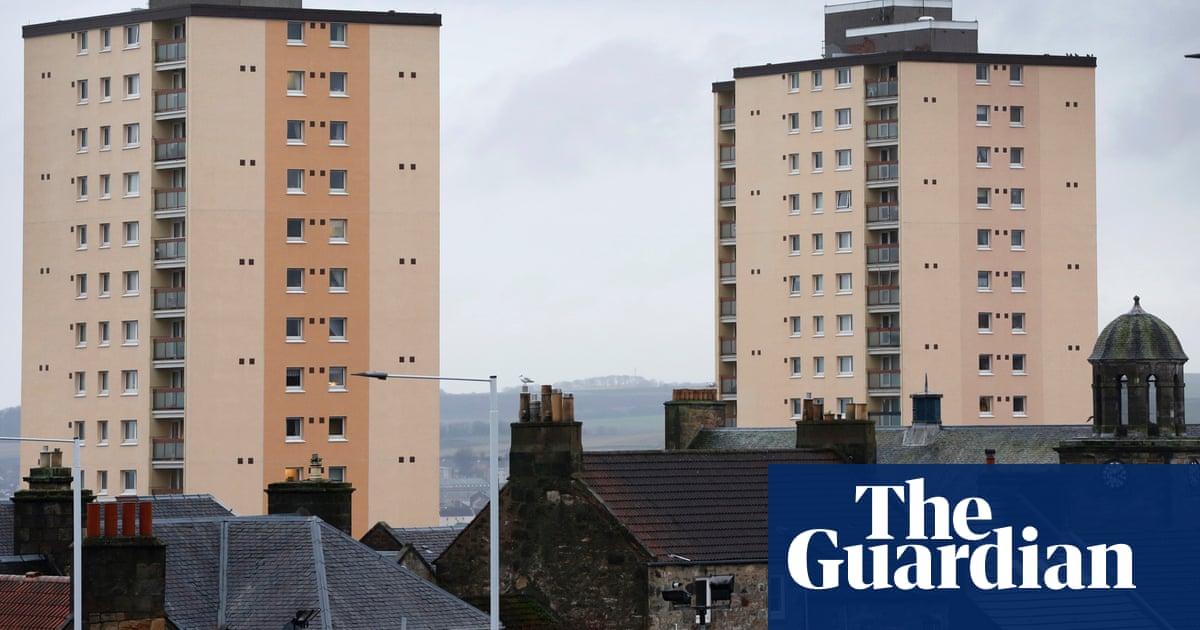
Did COVID-19 save the Iranian regime? One cannot help but ask, even though we know we cannot rewrite history. Clearly, we cannot learn from it either. In 2019, the Iranian regime faced the most serious protests since its accession to power in 1979. And, most importantly, these protests were gaining in intensity despite the severe repression.
The situation was escalating, only for the COVID-19 pandemic, with its lockdowns across the world, to bring the protests to a complete stop. Worse, it is also said that the security services took advantage of the situation to pick up leading protesters from their homes and arrest them. The key point is that 2019 was the first time chants were heard nationwide that directly attacked Supreme Leader Ali Khamenei. It was during this time that people throughout Iran shouted that they no longer wanted their wealth to be given away to the likes of Hezbollah but that it should stay and be invested in Iran, for the people of Iran. This is no doubt a rightful demand.
It is also clear that the intensity of the slogans and the masses was even greater than the protests of 2009, which followed that year’s contested presidential election. The Green Revolution was essentially a challenge arising from within the existing political system. In November 2019, that was not the case, and the people of Iran were asking for change. Obviously, in both cases, the regime answered in the only way it knows how: With extreme violence and repression.
If we remember November 2019, the spark that ignited the protests was a severe increase in the price of fuel. I strongly believe that it was not the increase itself that angered and frustrated the people of Iran, but that their wealth had been distributed to foreign groups while their country was left to decay. A beautiful country, rich in natural resources, had been destroyed by the regime and the people knew it.
Today, as we emerge from the pandemic, inflation is hitting the entire world. And, as food prices increase, the people of Iran are taking to the streets once again. This is simply because they know they could be suffering less if it were not for the money the regime spends on militias and negative interference all across the Middle East. The people of Iran know their country has resources and wealth. And they know that these have been distributed to proxies as part of a lost expansionist agenda. They have seen, for many years, billions going to Hassan Nasrallah, the Houthis and Bashar Assad, and on other expansionist policies; all this while they cannot even afford to buy the bare necessities. And now, to make things worse, their infrastructure is crumbling.
This is exactly why the collapse of a residential building in Abadan added to the people’s frustration and increased the intensity of the protests. This incident is, in short, symbolic of the country the regime has created. It could have happened anywhere in the world, but in Iran it resonates with what ordinary Iranians perceive as the regime’s carelessness and neglect of its own people. It is a symbol of a regime more focused on sending support to foreign fighters than caring for the well-being of its own people (and certain regions are also particularly punished).
All this so Hezbollah can build its underground networks and stock missiles while Iranians lose their lives. It is, therefore, not a surprise that there are now dissenting chants addressed directly to Khamenei. Even his envoy was shouted down by people refusing his condolences. But the protests are once again being severely repressed.
And so, the first constant in Iran’s protests is the repression and the second is the silence of the US and the wider West. It is kind of interesting how things work: No messages of support to the protesters, no demand for investigations, no red lines. Simply silence. It is the privilege of a so-called enemy in order to maintain a status quo for any reason needed. No action should be perceived as hostile. This was the case in 2009 during the Green Revolution. President Barack Obama stated that he respected the sovereignty of the Islamic Republic. It was also the case in 2020, before the COVID-19 lockdowns.
They know they could be suffering less if it were not for the money the regime spends on militias and negative interference all across the Middle East.
Khaled Abou Zahr
And now, we are again yet to hear the West condemn the regime’s violence. The undeclared reason is that its leaders do not want to give an excuse to Tehran to accuse the protesters of being Western tools. In reality, this comforts the regime over its violence and marginalizes protesters. The regime understands this silence to be a sign of recognition and uses it to project power.
Yet, as we are facing many global and regional challenges, the Iranian regime should ask itself: All this is for what? The answer lies in the empty shelves and crumbling buildings — all this destruction and isolation is for worse than nothing. It is time for the regime in Tehran to understand it will never be able to take over Lebanon, it will never be able to take over Syria, it will never be able to take over Iraq and it will never be able to take over Yemen. More importantly, it will never rule over or dictate its rules to the Middle East. It is time for the regime to listen to its people and its own history.
Khaled Abou Zahr is CEO of Eurabia, a media and tech company. He is also the editor of Al-Watan Al-Arabi.












